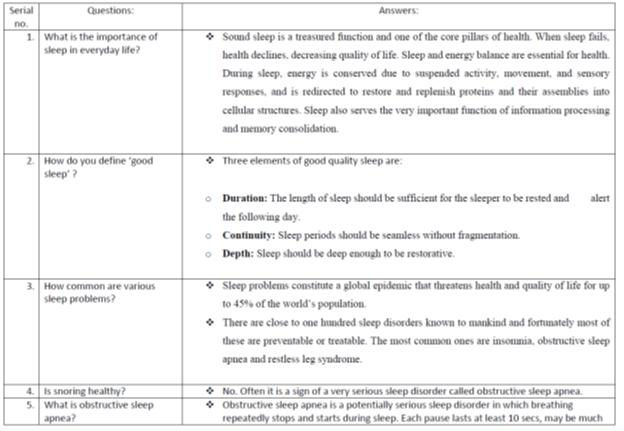
Obstructive Sleep Apnea
Obstructive sleep apnea is a common but serious sleep disorder that causes stoppage of breathing during sleep. The airway becomes blocked repeatedly, limiting the amount of air reaching the lungs. When this happens, loud snoring or choking noises may occur as the body tries to breathe. The brain and body becomes oxygen deprived leading to arousal/ waking up. This may happen from a few time to a few hundred times in a single night depending on disease severity.
In many cases, an apnea, or temporary pause in breathing, is caused by the temporary collapse of the tissue in the back of the throat. The muscles of the upper airway relax to some extent during sleep. Sleeping in supine position (on one’s back), can cause the tongue to fall back due to gravity. This causes airway narrowing, reducing the amount of air entering the lungs. This causes snoring as the tissue vibrates while the body makes attempt to inhale air through floppy partially closed airway.
Sleep apnea can cause feeling tired or unrefreshed on waking up even with a full night of sleep. It can also cause dryness of mouth or burning sensation of throat on waking up. During the day, there is difficulty in concentrating, and patient may unintentionally fall asleep. This is because the brain is waking up numerous times throughout the night (partially or wholly) leading to its inability to perform its normal restorative functions. The lack of oxygen and oxygen fluctuation during sleep happening with OSA can have serious negative long-term consequences for health. This includes:
High blood pressure
Heart disease (heart attack, arrhythmias etc)
Stroke
Pre-diabetes and diabetes
Depression/ anxiety
There are many people with sleep apnea who have not been diagnosed or received appropriate treatment. A sleep medicine physician can diagnose obstructive sleep apnea using an in-lab sleep study or a home sleep apnea test. Sleep apnea is manageable using continuous positive airway pressure (CPAP) therapy, the front-line treatment for sleep apnea, also, oral appliance therapy or surgery (has specific indications).
